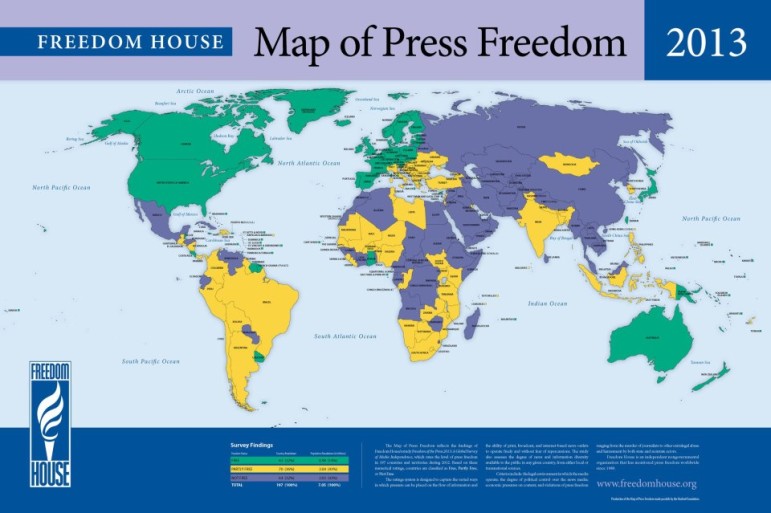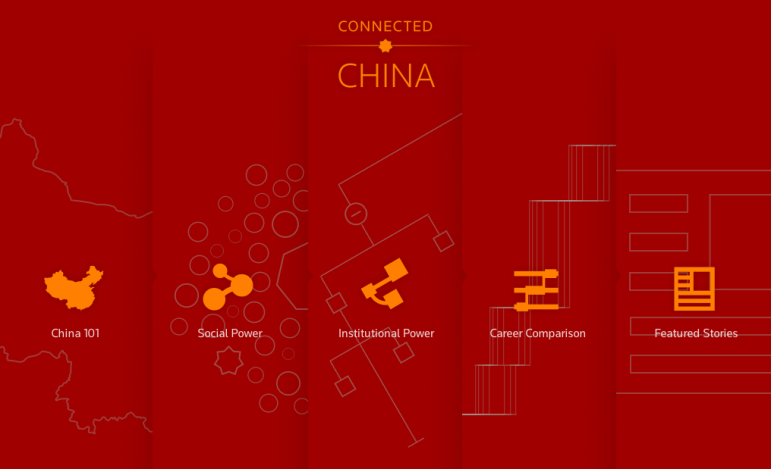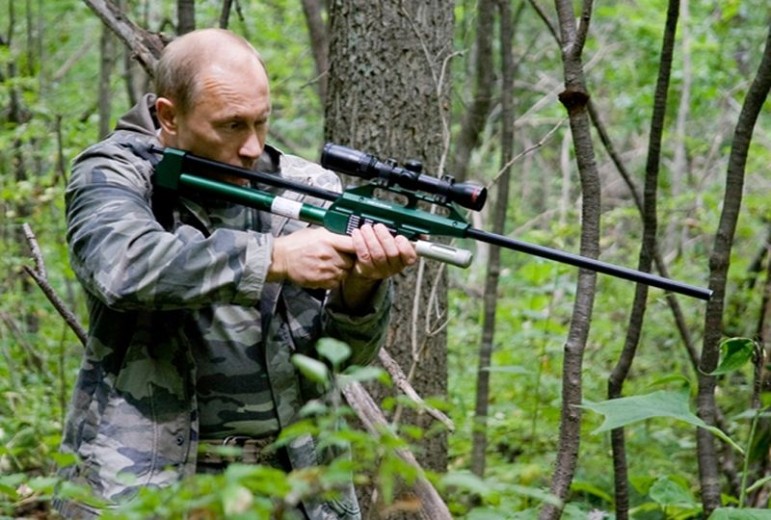
Posts


News & Analysis
Less than 14% of World Lives in Countries with Free Press

News & Analysis
Are Wealth Disclosures Dangerous?
About a third of all countries in the world now require officials to publicly disclose their assets. Institutions like the World Bank and the OECD see this as a good thing. Asset declarations, they say, are crucial tools for fighting corruption and holding officials accountable. As an investigative journalist in the Philippines, I found asset statements vital to digging into conflicts of interest and the illegal accumulation of wealth by those in public office. But pushback on official disclosures is coming from an unlikely quarter.

News & Analysis
World Press Freedom Day: The Dangers of Being a Journalist


News & Analysis
Why We Need To Tell Stories
So you’ve amassed terabytes of data, reams of documents and hours of expert testimony, all backing up your conclusions. What’s the best way to convince people you’re right?
Tell them a story.
Ideally, a compelling, colorful tale weaving in memorable anecdotes and striking details. Printed in a clear, legible font. Oh, and it helps – no kidding – if it rhymes.
At least according to Nobel-prizewinning economist Daniel Kahneman, author of the outstanding Thinking, Fast and Slow, who’s made a career out of understanding – experimentally – how our brains take in information and make decisions. It isn’t always pretty, but it does help explain why storytelling is a centuries-old means of passing on information.

